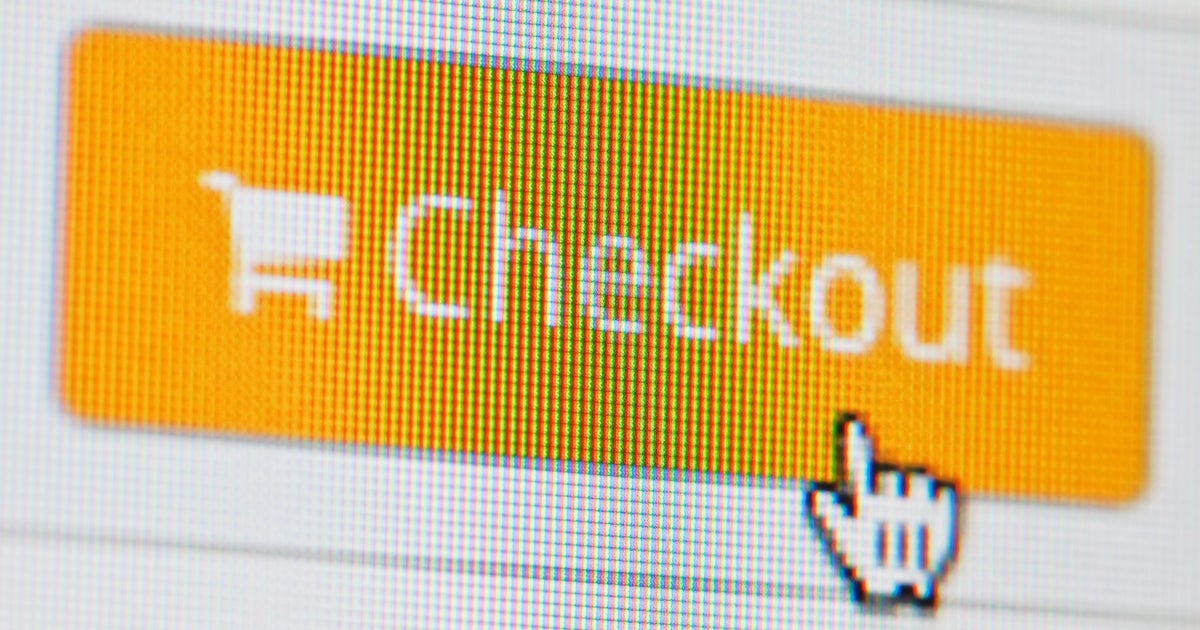Consumers will no longer face hidden fees when purchasing concert tickets or booking short-term lodging, as the Federal Trade Commission (FTC) has implemented a new rule banning such practices. These so-called ‘junk fees,’ often labeled as ‘convenience fees,’ ‘resort fees,’ or ‘service charges,’ were typically disclosed only at checkout, leading to higher-than-expected costs.
Research shows that this tactic significantly increases consumer spending. A 2021 study published in Marketing Science revealed that StubHub customers spent about 21% more when fees were not shown upfront. According to Steven Tadelis, co-author of the study and professor of economics at the Haas School of Business at the University of California, Berkeley, “By the time consumers reach checkout, they are more likely to accept inflated prices due to their attachment to the product.”
Starting May 12, businesses must clearly disclose total pricing upfront, ensuring transparency. The rule applies to both online and in-person transactions but is limited to live event tickets and short-term lodging like Airbnb stays or resort bookings. It does not cover sectors such as airline baggage fees.
Stacy Cammarano, an FTC attorney, emphasized the importance of this regulation, stating that it addresses consumer complaints about being lured by low prices only to discover higher costs during checkout. The new rule requires businesses to make pricing disclosures “clear and conspicuous,” avoiding misleading tactics such as illegible fonts or contradictory language.
Ticketmaster has already announced plans to comply by displaying the full ticket price upfront. Consumers encountering hidden fees can report violations to the FTC at reportfraud.ftc.gov, potentially resulting in civil penalties for non-compliant businesses.
This regulation not only protects consumers from financial loss but also saves them time by preventing unnecessary checkout processes for unaffordable purchases.
— new from HuffPost
